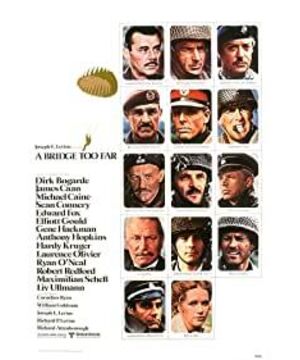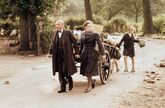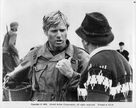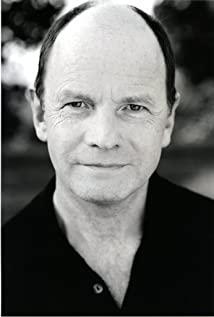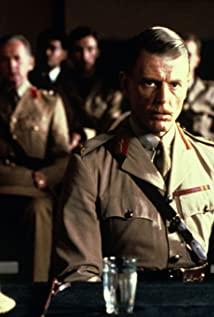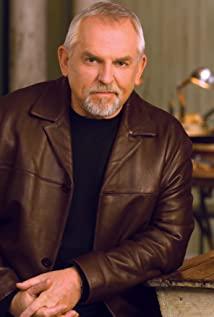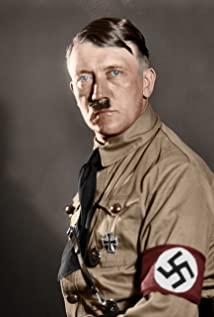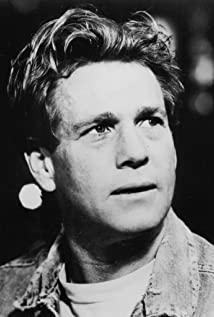I think this The lens should explain the main point of the film, that is the absurdity of the war, not the grandeur of the Normandy landing in the rescue of Private Ryan, or the heroism of Dong Cunrui's death and bombing of the bunker, just like Oliver Stone's performance of the US military in "Field Platoon". The theme is the same as cannibalism, the war itself is absurd.
Montgomery was the father of the Second World War. When I knew him before, most of the historical materials or the shallow historical materials I came into contacted were talking about his magnificent military exploits and fame alongside General Patton, or his battle with Rommel's dragons and tigers, and so on. It is rare to mention this huge defeated battle, the market garden operation, which was planned by Montessori alone, which sacrificed tens of thousands of young lives, similar to a tragic battle that sent sheep into the mouth of a tiger.
At the beginning of the film, an officer played by Gene Hackman questioned this proposal, and some intelligence officers dissuaded the proposal, but General Browning, the executor of the market garden sentiment, clearly saw the German armored division’s Under the circumstances, continue to insist on executing the order and claim that these are just waste tanks-the general in charge of the operation is so ignorant and confused, how can the Generalissimo Montgomery give the task to him better?
After that, Michael Caine’s 30th army was like crawling ants, struggling to walk, Sean Connery’s army communications equipment was damaged just after landing, and James Caine’s army had no knowledge of the German bombing bridges, nothing about it, and Hope. Comrade Kings was thinking about taking golf clubs when he set off. How could he think that he could only dig holes and swing in the POW camp — of course, there were even more exaggerated performances, such as the crossing of the river. Change and change, the CAPTAIN in charge of command can only laugh at himself~ After finally getting the ship, it was discovered that it had to be assembled now, and there was a heavy traffic jam, airdropped supplies and supplies to the German army, etc., etc. The command, deployment, and coordination of the entire Allied force, From superiors to subordinates, from generals to soldiers, it was almost a mess. Of course, the Germans also behaved as ridiculous here. A brave soldier clearly got the Allied combat map in the Allied crash plane, but the Field Marshal cleverly insisted that "this is a fake, they used to deceive me." , His subordinates have been persuading him to blow up the bridge and directly crush the allied plan of action, but the girl insists that he should keep it for counter-offensive purposes-there are enough spoofs, perhaps in the director's view, history itself is a spoof.
The plots of the film all reveal the absurdity. The contrast is that this is indeed a historical fact. Montgomery’s tactics, the allied soldiers see death as home, and the momentum behind the enemy, fighting alone and courageously fighting style, ambushing with fewer enemies and more ten sides The heroism is permeated in the stubbornness and other tragedies, and there must be a lot of songs and tears. But the director’s focus is indeed on the absurdity of war. Compared with the realistic heroism of Ridley Scott’s "Black Hawk Down", compared with Spikeberg’s humanitarian interpretation of war, compared with The praises of the three major battles in China are endless, which is indeed a rare angle in war films. However, due to the large number of characters involved, too many geographical locations, and no core characters entangled, the story is supported by scenes and dialogues, compared to characters with distinctive personalities. , The simple scenes and the intense "Field Platoon" lack some direct lethality. Or this is also an important reason why it failed to become a classic in the war film, but it is still a good film.
View more about A Bridge Too Far reviews


